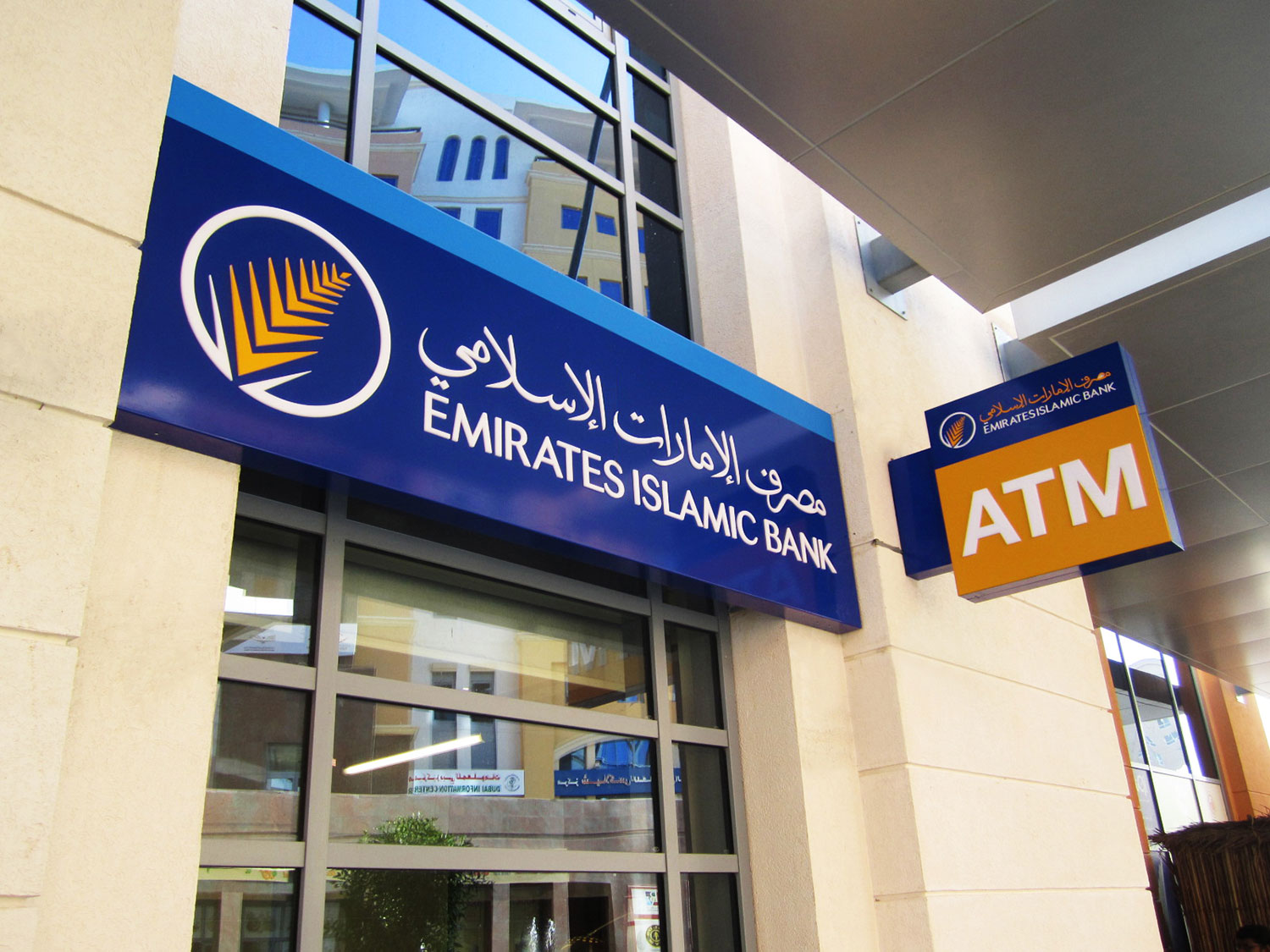Islamic banking index: Measuring annual shifts in UAE customer attitudes
|
The Islamic Banking Index by Emirates Islamic™ |
|
| Emirates Islamic CEO | Jamal bin Ghalaita |
| Headquarters | Dubai, United Arab Emirates |
| What it is |
Emirates Islamic created an index –the first of its kind annual survey to gauge the penetration, perception, knowledge and intention of customers towards Islamic banking in the UAE. |
| Who it serves |
The aim of the survey is to establish attitudes towards the Islamic finance sector and give an annual benchmark for the shifts in consumer attitudes towards the sector in the UAE. |
| Key stats |
The UAE Islamic banking industry is expected to have $263 billion Shariah-compliant assets by 2019, according to Ernst & Young’s World Islamic Banking Competitiveness Report. |
Overview
In September the first Islamic banking index surveyed more than 900 people online, who earn more than 5,000 dirhams a month, covering all nationalities and emirates in the UAE. It will be repeated on an annual basis to identify the successes and challenges facing the Islamic banking sector to help fuel its growth.
“One of the key enablers to the continued growth of Islamic banking is richer and accurate data reporting on the sector,” says Jamal Bin Ghalaita, Emirates Islamic’s chief executive. “Currently, there is a significant lack of data on one of the most important stakeholders in Islamic banking–the consumer. That is why Emirates Islamic has decided to launch the [index].”
Successes
The survey revealed a large market for the Islamic banking sector in the UAE, with three quarters of people willing to consider an Islamic banking product. Almost half, 47 percent, have at least one Islamic product already, from either an Islamic bank or a conventional bank. When it comes to attitudes, Islamic banks have an edge over conventional banks in supporting the community in meaningful ways with 29 percent of people agreeing Islamic banks do this compared to 23 percent for conventional banks. More people also said Islamic banks have lower transaction fees (25 percent) compared to conventional banks (21 percent).
|
ADDITIONAL RESOURCES 1. The breakdown and findings of the Index is available for download in pdf from this link. 2. Video: Emirates Islamic CEO Jamal bin Ghalaita on the Islamic Economy
|
Challenges
The survey revealed a number of challenges Islamic banks must address to develop the sector in the UAE. Conventional banks received higher ratings in a number of areas, including outstanding apps for mobile/Internet banking at 37 percent versus 28 percent, being technologically advanced at 40 percent versus 24 percent, being innovative at 36 percent versus 28 percent, as well as providing a fast service, easy procedures, solutions for people’s needs, and offering a superior customer service. The survey also suggests Islamic banks have to do more to raise awareness of products in the UAE. Although six out of 10 people have heard of at least one Islamic product, the most familiar was takaful at just 39 percent, followed by murabahah at 27 percent.
| KEY TAKEAWAYS |
The survey reveals a large potential market for Islamic banking in the UAE, with 75 percent of people saying they are willing to consider an Islamic banking product. Almost half own at least one Islamic product already. |
|
There are many positives to be taken from the index, but the survey revealed that the sector faces a number of challenges. Conventional banks scored higher ratings in a number of areas including having outstanding apps for mobile/Internet banking, being technologically advanced, being innovative, providing a fast service, easy procedures, providing solutions for people’s needs, and offering a superior customer service. |
© Copyright SalaamGateway.com 2015

Gillian Duncan